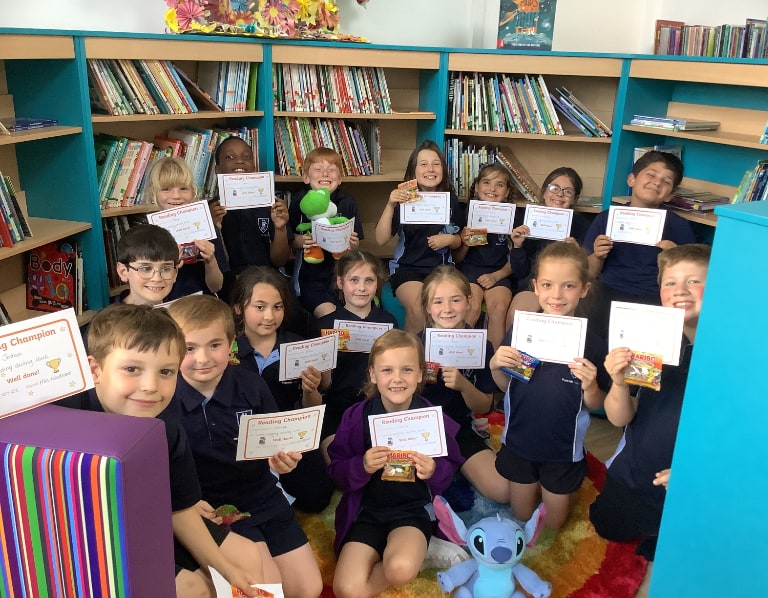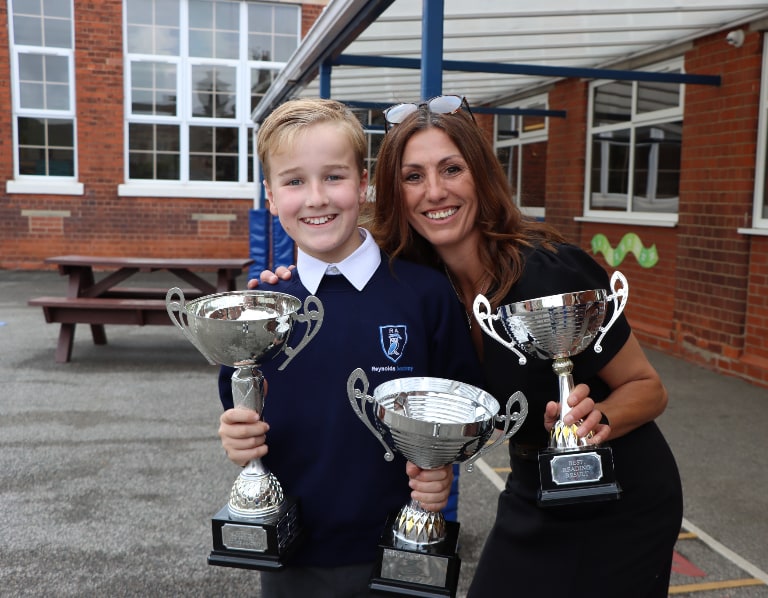Writing
Curriculum Leader: Miss Lacey Jenney
Intent:
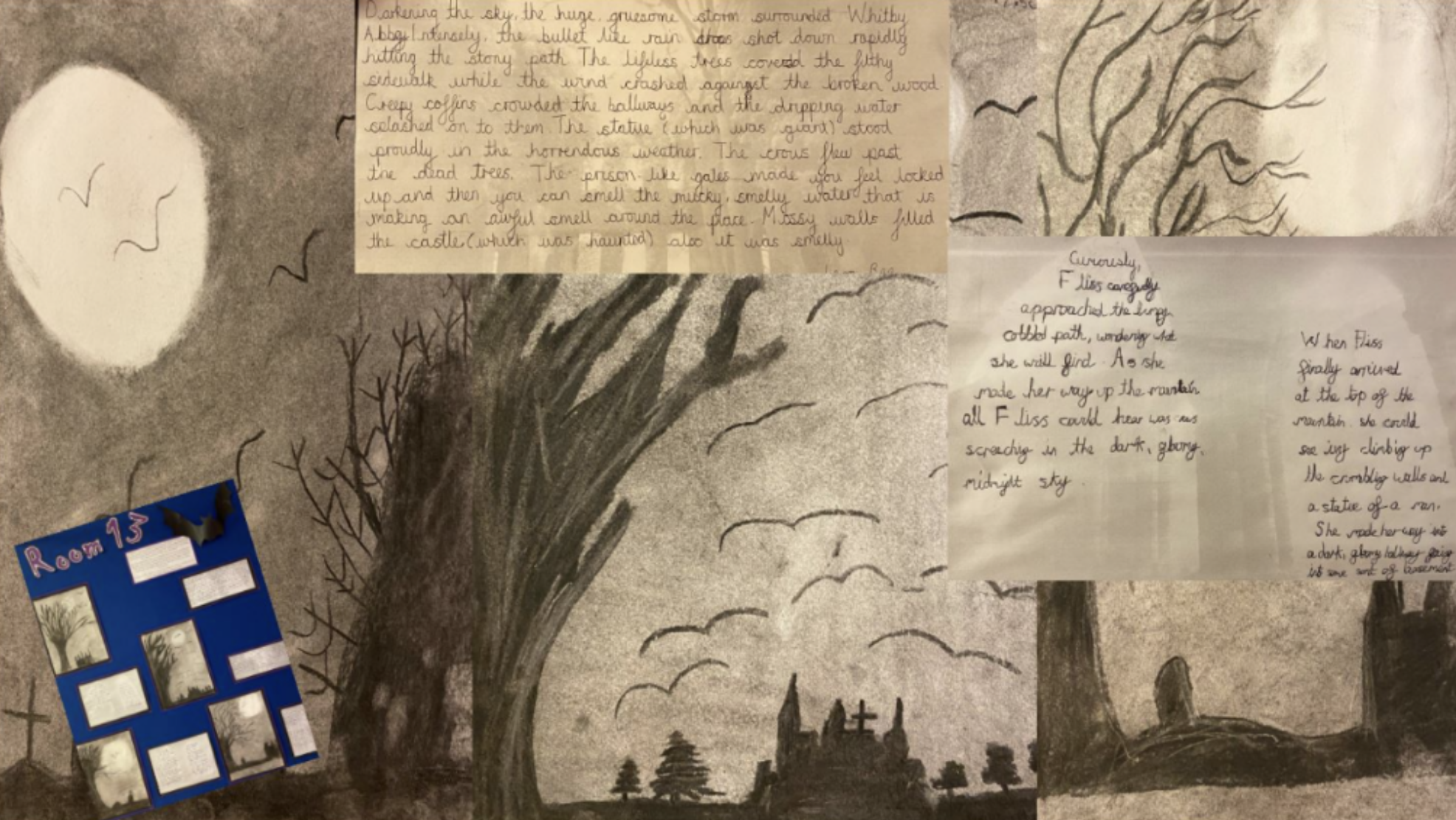
At Reynolds Academy, we believe that writing is an essential aspect of the curriculum which will support our children in developing into articulate and imaginative communicators, who are well-equipped with the basic skills that they need in order to become life-long learners. As the children reach the end of their time at Reynolds Academy, our aim is that they are competent, enthusiastic writers who have the ability to turn their voices, thoughts, knowledge, opinions and artistry into powerful writing.
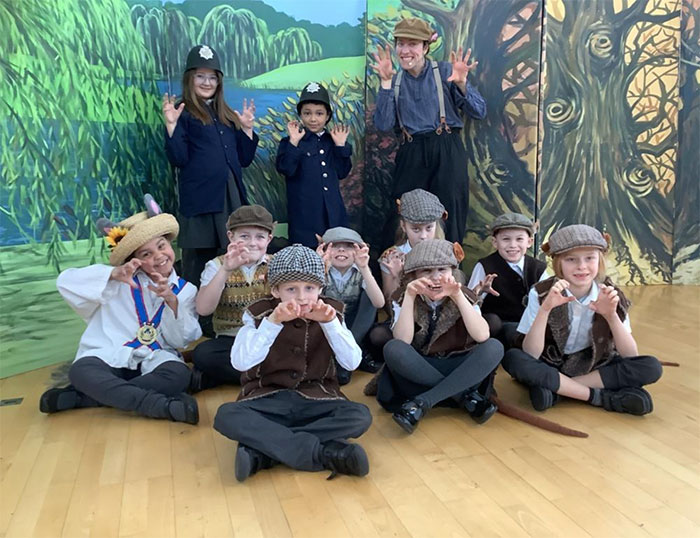
Implementation. What approach do we take to teaching writing?
Through the exploration of high-quality texts, pupils from Foundation Stage through to Year 6 become increasingly more knowledgeable about the writing process and become more competent writers. The genres included in the long-term plan for each year group have been selected to ensure that there is progression throughout Key Stage 1 and Key Stage 2. There are also opportunities to revisit genres at later dates to ensure that knowledge and skills have been retained. As each genre is being taught, the children are provided with opportunities to analyse, explore and respond to example of those texts. As part of the teaching cycle, children develop specific grammar and composition skills which are age-appropriate and which meet their ongoing needs. Application is key within the teaching of writing; therefore, children have opportunities throughout a sequence of work to apply what they have been learning, not only to the text type they are focusing on but to other types of writing (short bursts). Shared writing is used to bridge the jump between the teaching of individual skills and the amalgamation of skills within a piece of writing. Teacher questioning, prompting, paired talk and the use of whiteboards ensure that children are taking an active role in the crafting of a shared piece. It is an expectation that teachers use shared writing as a time to discuss the different components of writing and to model thinking as a writer and thinking as a reader. Vocabulary, examples of techniques and ideas are collected on working walls so that the children have a constant point of reference. They are also encouraged to make full use of additional resources in the classroom. As the children move towards the end product within a unit of work, they are led through the 5-part writing process. Children are expected to plan and develop their ideas in an age-appropriate way, drawing on their reading where appropriate. After this, the children draft their writing before revising and editing. The revision of their work allows children to think as a writer, think as a reader and to make conscious decisions about their own writing. Editing is integral to writing and children are actively encouraged to both peer and self-edit at all stages of the writing process.
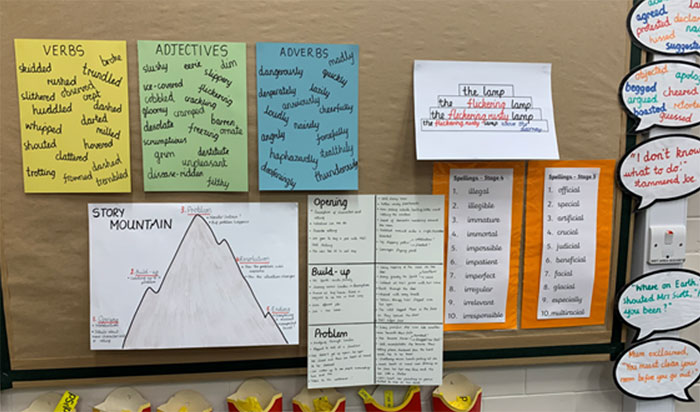
Impact:
We use Depth of Learning for teachers and Curriculum Leaders to monitor coverage and track progress across writing. Leaders also carry out regular monitoring to ensure that appropriate sequencing is in place. Teachers use a mixture of the national curriculum, pacing sheets, Depth of Learning and knowledge of the children, in conjunction with our planning to ensure that children develop their knowledge and skills as they move from Early Years through to Key Stage 1 and Key Stage 2. In addition to this, each piece of writing is assessed against the key learning skills decided at the beginning of each unit of work.
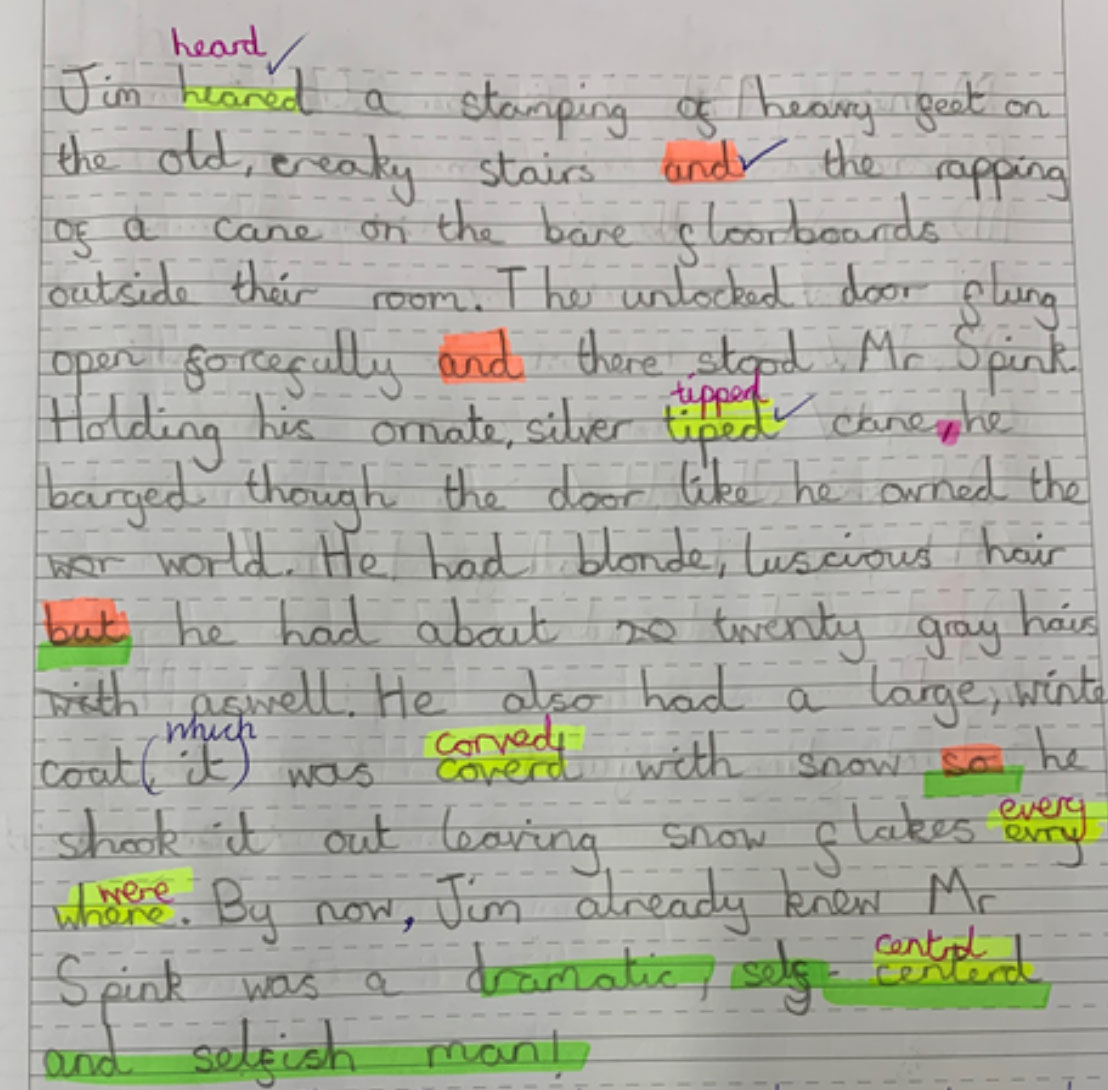
Writing - Downloads
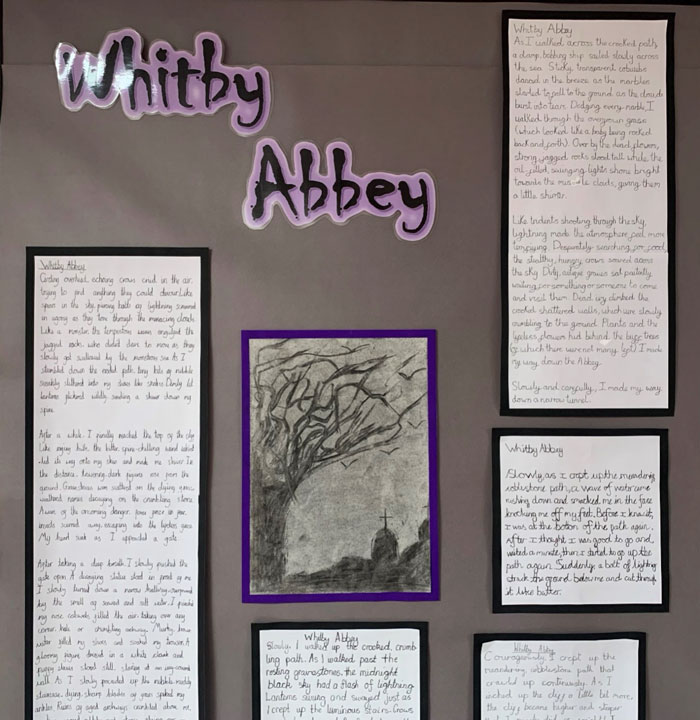
Writing - Milestone
- Milestone 1: Year 1
- Milestone 1: Year 2
- Milestone 2: Year 3
- Milestone 2: Year 4
- Milestone 3: Year 5
- Milestone 3: Year 6
